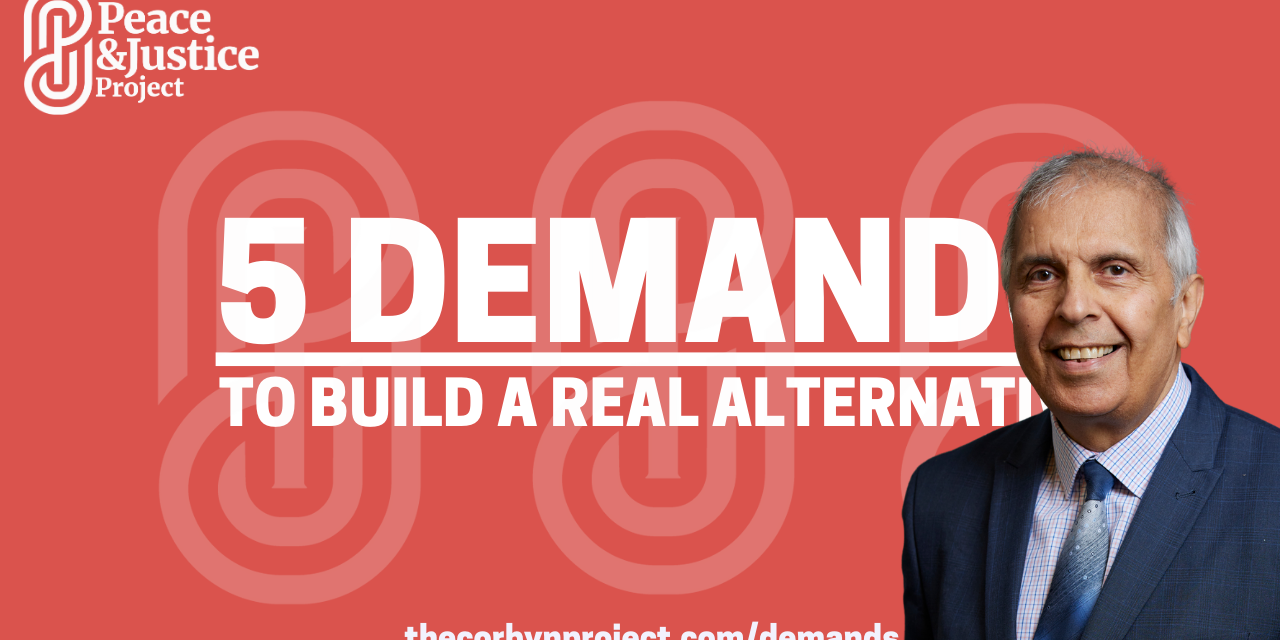At a discussion in Brixton in September, Prem Sikka outlined the need for bold tax policies as a way to ensure public services are properly funded. Below is a summary of his contribution
The statistics are alarming: the wealthiest 10% of households hold 43% of all wealth, while the bottom 50% possesses a mere 9%. This disparity extends to income distribution and the burden of taxation, with the poorest paying a larger proportion of their income in taxes compared to the wealthiest. The consequences of these inequalities are far-reaching, impacting everything from spending power and economic recovery to access to healthcare and quality of life.
The state of the NHS is a glaring illustration of the consequences of inadequate government investment in public services. With millions on waiting lists for hospital treatment and a comparative shortage of hospital beds within Europe, the UK healthcare system is strained to its limits. This has not only diminished the country's capacity to handle public health emergencies, as seen during the Covid-19 pandemic, but has also led to a significant increase in preventable deaths. The underfunding of the NHS, coupled with austerity measures in wider public society, has exacerbated staff shortages, equipment scarcity, and the overall capacity to provide adequate healthcare.
A comprehensive overhaul of the UK's tax system is much needed to address these critical issues. By implementing progressive taxation and eliminating tax perks for the wealthy, the government could generate significant revenue to reinvest in public services like the NHS and reduce social inequalities that are themselves linked to healthcare issues later in life. We can do many things. In fact we need to do many things, much bolder than what’s being proposed.
We need to tax income from wealth at the same level as income from work. It is ridiculous that Rishi Sunak pays a lower rate of tax on his multi million pound annual income than most workers. So we need to raise the rates of capital gains and dividend tax to that of income tax. We also should close the loophole that income from dividends and rent doesn’t pay National Insurance (NICs).
“We need to tax income from wealth at the same level as income from work. It is ridiculous that Rishi Sunak pays a lower rate of tax on his multi million pound annual income than most workers.”
At a closer look of NICs one can see it's a regressive tax. It is charged at the rate of 10% on earned income between £12,570 and £50,270, and a 2% rate is applied above that. This means that the rich pay a lower proportion of their income in NIC. By extending the 10% rate of NIC to all earned income, up to £14bn can be raised each year. Applying the same logic to dividends and investment income that could raise another £6-10 billion. Of course, governments can recalibrate NIC rates by adjusting the thresholds to ensure that the richest pay more.
A wealth tax for the ultra-rich is an economic and moral necessity. Britain’s 50 richest families hold more wealth than the entire bottom 50% of the nation’s population, and must make additional contributions. A wealth tax of 1.7% on people with more than £3m in assets could yield £2.7bn. On assets above £5m the tax rate could rise to 2.1%, raising another £3.2bn. Above the £10m threshold the rate could rise to 3.5 % and raise £4.6bn. That is a total of over £10bn from 140,000 rich individuals.
“A wealth tax for the ultra-rich is an economic and moral necessity. Britain’s 50 richest families hold more wealth than the entire bottom 50% of the nation’s population”
And it seems talking about tax avoidance has gone out of fashion again. HMRC has been starved of resources and has been unable to chase the rich and big corporations. Since 2010, between £450bn and £1,500bn of tax revenue has been lost due to avoidance, evasion and error. For every £1 of investment into a large business investigation HMRC yields £69 in extra tax revenue. That is a phenomenal rate of return on investment. So, greater investment in enforcement is needed. This would also enable HMRC to challenge offshore tax dodges which are costing the world, including the UK, $4.8 trillion over the next decade.
These proposals aim to not only generate much-needed funds for public services but also to eliminate loopholes and incentives that currently benefit the wealthiest at the expense of the wider society. By ensuring that all forms of income are taxed fairly and that the richest individuals and corporations contribute their fair share, the UK can take significant steps towards reducing inequality and rebuilding a more equitable and just society.
There is an urgent need for a shift in tax policy to safeguard the NHS and other public services. By addressing the deep-rooted inequalities within the UK, the country can pave the way for a healthier, more prosperous future for all its citizens. The time for action is now, with the welfare of millions and the integrity of the nation's healthcare system at stake.
The next government is going to need to have a fairer tax system. It should be talking about it now.
Prem Sikka is Emeritus Professor at the University of Essex and University of Sheffield and was an economic advisor to Jeremy Corbyn when he was leader of the Labour Party. He is a member of the House of Lords.
